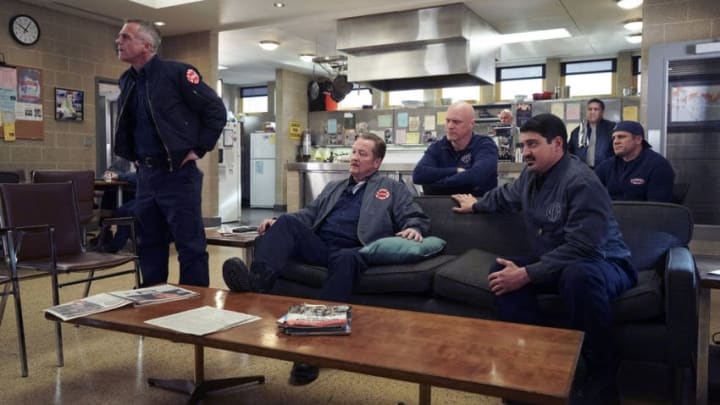
5. Will it be too much for viewers, or not enough?
The first concern with this new One Chicago plan is how it’s going to affect you, the fans who are watching the shows. After all, without the fans watching, we wouldn’t even be talking about the next season in the first place. Therefore, the viewing experience NBC provides has to be one of the biggest factors in any schedule change.
And it could face significant upheaval by putting the entire lineup on Wednesday nights. We found out from last season’s Chicago Crossover event that asking a TV audience to keep the channel on for three hours straight is a pretty big ask. That worked out well for NBC, but keep in mind that was one night, and those were three episodes designed to be as big as possible. Will audiences really give up an entire night on their calendar for an entire 22 to 24-episode season?
Another thing to consider is that we’re not just talking about hardcore fans. There’s a large part of the fandom that watches all three shows, but those are the people who’d follow One Chicago if it was on Tuesday mornings at 6 a.m. The people most affected by this will be those who may only watch one or two shows, or the casual fans—who are important because it’s the casuals turning into hardcores that grow the fanbase.
Someone might tune in at 8 p.m. on Wednesday and get tired by 9 p.m. Or they might not get home until later and miss Chicago Med. Or they just don’t have the time and instead of watching a show live (which is still the most significant way to count ratings), it ends up on the DVR. It’ll be awesome if NBC can cultivate an entire night of attention, but there are also a lot of ways that this could backfire.
Like, are we going to be happy with one massive night of One Chicago and then disappointed we don’t have anything to watch until the following week? (Unless you count Law & Order: SVU, which now has Chicago Fire‘s time slot on Thursdays.)
